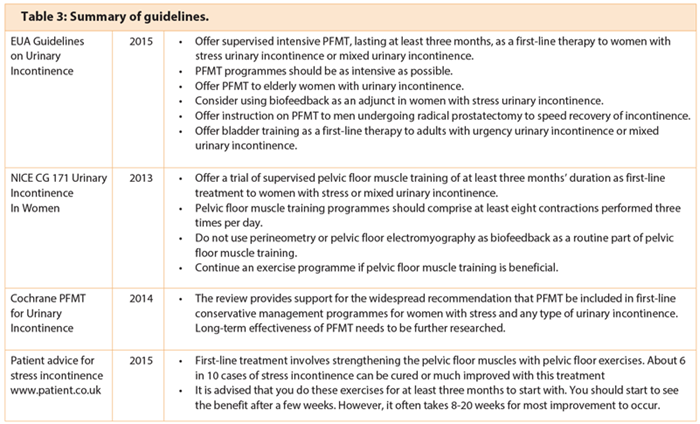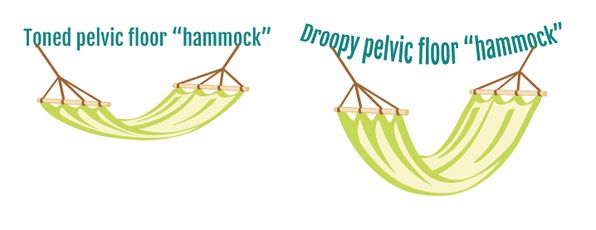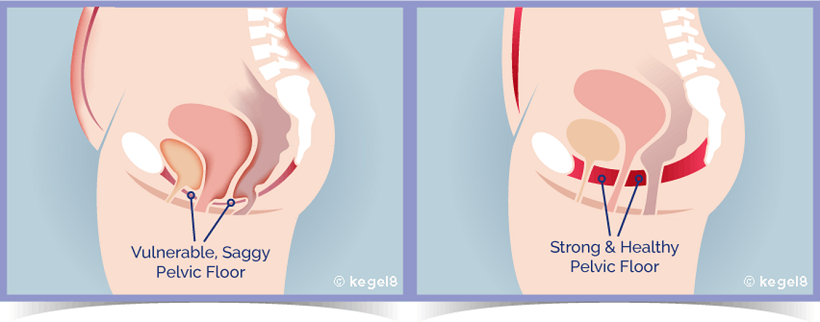Pelvic Floor Dysfunction Symptoms Nhs

Levator ani syndrome can.
Pelvic floor dysfunction symptoms nhs. Constipation or a straining pain during your bowel movements. Being unable to complete a bowel movement. Urinary issues such as the urge to urinate or painful urination constipation or bowel strains lower back pain pain in the pelvic region genitals or rectum discomfort during sexual intercourse for women. Pelvic organ prolapse this can be anterior posterior cervical descent or urethral.
Urinary urgency with or without incontinence urinary frequency with or without incontinence stress urinary incontinence. It may be brief. It s not recommended that you regularly stop the flow of urine midstream as it can be harmful to your bladder. Your consultant will advise you of this and can refer you to the most appropriate team to help you.
If you are diagnosed with pelvic floor dysfunction you may experience symptoms including. Pgp is a collection of uncomfortable symptoms caused by a stiffness of your pelvic joints or the joints moving unevenly at either the back or front of your pelvis. Some women develop pelvic pain in pregnancy. You can feel your pelvic floor muscles if you try to stop the flow of urine when you go to the toilet.
People with this syndrome may experience rectal pain not associated with having a bowel movement. Frequently needing to use the bathroom. Urinary urgency a sudden need to urinate. Needing to have several bowel movements over the course of a short time period.
Conditions linked to pelvic floor dysfunction are. Unexplained pain in. You may also feel like you need to force it out to go or you might stop and. You may experience constipation problems passing bowel movements or straining to pass them.
Frequent need to urinate often with starting and stopping many times. People with pelvic floor dysfunction may have weak or especially tight pelvic floor muscles. It s thought that up to half of people. Click here for more information about related injuries and possible complications following pelvic surgery.
If you have any of these symptoms you should tell your healthcare provider. When the muscles tighten or spasm people may have trouble urinating or passing stool.
















